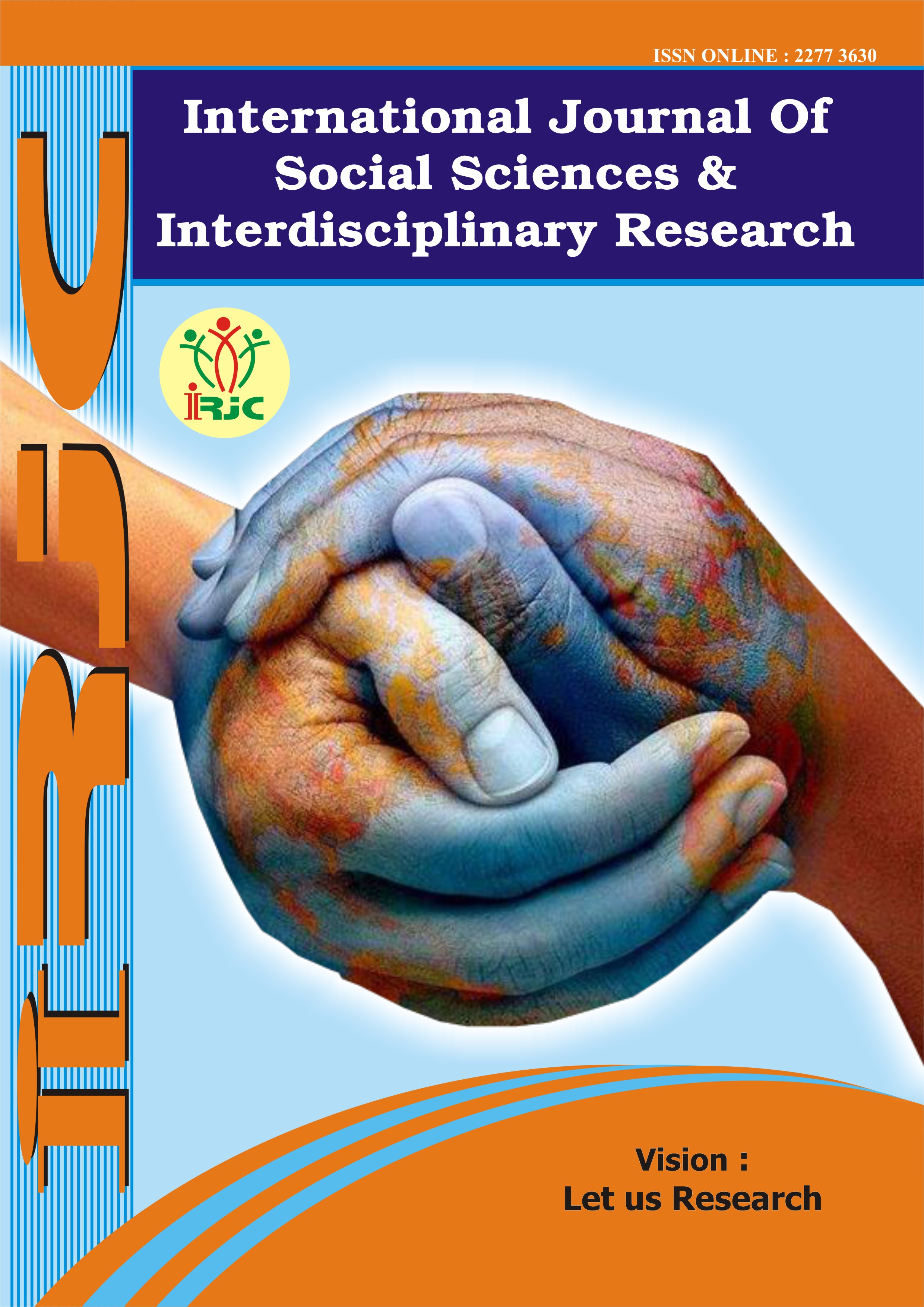STUDY OF UZBEK LANGUAGE FOOD NAMES IN SCIENTIFIC INTERPRETATION
Keywords:
lexical-semantic group, lexical-thematic group, acquired food names, culinary lexicon, snack names, descriptive food names, fast food names.Abstract
The article is about the study of new food names in world linguistics and Uzbek linguistics in different aspects, and it is explained on the basis of evidence. Based on the collected materials, it was explained that the names of the new food items under analysis form a specific lexical-thematic group and take a place in the lexical fund of the Uzbek language.
Food names are considered a lexical-semantic group in the language system, just as a specific lexeme in the language is a lexical-thematic group in the language system and a further dividing lexical-semantic group, and "food" covers all lexical items that refer to.
The acquisition of food names in the language is directly related not only to linguistic activity, but also to the cultural aspect of society. Because there is an influence of language on culture, and culture on language, such interpretations are a source for research in a more sociolinguistic aspect. Because culture is an important value for every nation, it is natural that understanding or changing the names of food has a more subtle significance in expressing their national identity. From this point of view, food names are valuable for any nation as unique cultural realities.
References
An explanatory dictionary of the Uzbek language. Volume V. Volume III. - Tashkent: Publishing House of Uzbekistan, 2007. - p. 94.
Shukurov O. U. Issues of evolution, transformation and lexicographical interpretation of modern acquisitions of the Uzbek language (era of independence) //filol. science. doctor (DcS) … diss. autoref. –Against: 2023. –p. 255.
Gabriella S. Cuisine linguistics of british and american english are the culinary vocabularies of british and american english converging or diverging? Halmstad: College of Halmstad, 2012. –P. 73.
Dancingerova H. French loans in English – food, meals and cooking. Brno: Masaryk university, 2012. –P. 64.
Isabel N.A. Le lexique de la cuisine française // Thélème. Revista сomplutense de estudios franceses. 2010. Volume 25, –P. 197-209.
Bakhtina S.I. Borrowed vocabulary as part of the thematic group “Food and drinks” of the 18th – early 21st centuries (historical and functional research): Abstract of thesis. diss. ...cand. Philol. Sci. – Kazan: 2008. – 26 p.
Shkhumishkhova A.R. Borrowed words - names of food in the Russian language of the second half of the twentieth century // Almanac of modern science and education. 2009. No. 2. – pp. 192-194.
Sokolov V.D. Borrowed words in food supply // “New development impulses: issues of scientific research”. IV International Scientific and Practical Conference. 2020. – pp. 141-149.
Akhmetova E.R. Names of vegetables and fruits in the Tatar language: Author's abstract. diss. ...cand. Philol. Sci. – Kazan: 2012. – 32 p.
Kireeva I.V. Lexical-semantic and linguistic-cultural features of Russian kitchen and household vocabulary: Author's abstract. diss. ...cand. Philol. Sci. – Krasnodar: 2005. – 24 p.
Nurmukhametova R.S. Development of culinary vocabulary of the Tatar language of the 20th – early 21st centuries // Philology and culture. – 2013. No. 4. – pp. 86-91.
Amineva F.S. Names of traditional food in the Bashkir language: Author's abstract. diss. ...cand. Philol. Sci. – Moscow: 2005. – 28 p.
Azizova K.A. International terms in culinary vocabulary (based on the material of the modern Azerbaijani language) // Bulletin of the Mari State University. 2021. No. 2. – P. 202-207.
Dan Zhao. Snack names in China: Patterns, types, and preferences // Names: A Journal of onomastics. – 2021. Issue 4. Vol 69. –P. 14-20.
Retno W.S. Food name translation practice: A case study of indonesian-English menus // Notion: Journal of Linguistics, Literature, and Culture. – 2020. Vol 2. – P. 69-77.
Kerami Ü. Rus dilindeki ödünçlemeler üzerine bir inceleme: türk halklarının rus mutfak kültürüne katkısı // Journal of social Research and Behavioral Sciences. – 2019. Cilt 5. Sayı 9. – pp. 415-435.
Shipova E.N. Dictionary of Turkisms in Russian. – Alma-Ata, 1976. p – 444.
Толегенова М. Қазақ және түрік тілдеріндегі сүт негізді өнім атауларының этнолингвистикалық сипаты // Tehlikedeki Diller Dergisi:2022.Volume 12, Sayi / Issue 20, p. 65– 85.
Исмайлова Н.А. Гастрономиялық лексиканың мәдениетаралық энуи: Филол. фан. бўйича фалсафа доктори (PhD) … дисс. автореф. –. – Қазақ ұлттық университеті, 2014. – 141 б.
Rasulova N.N. About some gastronomic units mentioned in M. Koshgari's work "Devoni Lugatit Turk" // "Oriental Art and Culture" Scientific-Methodical Journal. 2020. -pp. 159-160.
Khudayarova M. Linguistic analysis of food names in the Uzbek language: Philol. science. name ... diss. - Tashkent: 2008. -p. 22.
Ikramova N. Uzbek culinary vocabulary: Diss. ...cand. Philol. Sci. – Tashkent: 1983. -WITH. 168.
Abdiev M.B. On some features of the Uzbek culinary dictionary // Language in the field of professional communication. Collection of materials from the international scientific and practical conference: Ekaterinburg. 2016. –pp. 68-73.
Ibatova A. Study of lexical units related to bread and bakery products in the Uzbek language: Philol. science. Doctor of Philosophy (PhD) ... diss. autoref. - Samarkand: 2023. -p. 49.
Ibatova A. About the concept of bread and its essence // Til va liyatrat.uz. 2023. Issue 5. -pp. 75-77
Downloads
Published
How to Cite
Issue
Section
License
Copyright (c) 2024 GEJournals

This work is licensed under a Creative Commons Attribution-NonCommercial-NoDerivatives 4.0 International License.





